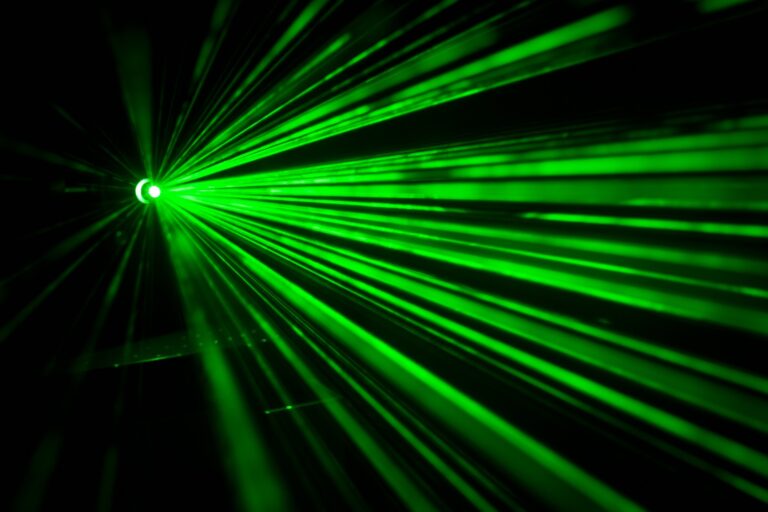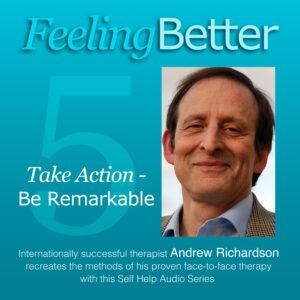How Society deals with Depression
The medical approach dominates how society deals with depression. And confusion reigns.

Two problems with how society deals with depression
The big weakness to how society deals with depression is that there is no credible and widely acceptable explanation of what depression is. The second problem is that there is such a wide range of advice and ideas of what can be done – that those suffering often end up confused, scared and feeling worse.
The second problem follows from the first. For, if there was a credible and accepted explanation to how society understood depression, this would immediately cut down the number of treatments. Instead, we would have a structure into which those that were left could be better understood.
A credible depression explanation exists
This explanation will make sense to most of those who suffer so much. And further, from this explanation it is possible to place many of the depression tips and treatments into some kind of coherent whole. Society can move forward and begin to deal with the depression epidemic.
Understand depression with Human Givens by knowing why you dream
Tonight you will dream, even if you don’t remember doing so. And what is going on is that your brain will act out in story-like form the hopes, fears and reflections that occupied your mind today. Today’s concerns are tonight’s dreams. In simple terms, dreaming is our brain’s emotional flush toilet. This extraordinary process refreshes our emotional brain, leaving it better prepared to deal with tomorrow’s stresses.
But dreaming is exhausting. And if we need more dreaming because we are worrying too much then we will slip into a vicious cycle – of worrying, exhausting over dreaming, reduced motivation and energy and thus even more unproductive rumination. And this is a depression. Many describe it as being locked in their brain, unable to escape from useless and obsessive rumination – a terrifying trance state of inward obsession.
What are my credentials to be speaking on this subject? Well I am a therapist who helps the large majority of those who come to me lost in their depression.
My methods are based on the Human Givens approach. Human Givens is becoming well known in the UK and is recognised by our National Health Service.
Depression Cases that will speak to you
When depression creeps up quietly
Newly retired and having to make big changes
Is the memory of that first terrible depression still traumatising you?
Sometimes, getting over depression is like peeling away the layers of an onion
Depression can sometimes exist for a long time, low-level and chronic
Matthew describes his depression
Society and Depression – No longer a scatter-gun but a laser

Current treatments for society dealing with depression
At one end, there is the primarily medical and conventional. This sees medication and cognitive behavioural therapy as a large part of the answer (either separately or together). Further, the approach is much persuaded with the role meditation and mindfulness practices can play.
The critical assumption is that depression is an illness and in trying to put flesh on this, the conventional medical wisdom posits the existence of chemical imbalances, of cognitive distortions and clinical factors and so on. But even the friends and defenders of the conventional wisdom will often acknowledge the struggles it has to make these theories meaningful and believable.
In this post I consider the role of the medical model of mental health, which disqualifies GPs from handling your depression.
In this post I expand on the weak evidence in support of antidepressants.
In this post you will learn of the failures and weaknesses of Cognitive Behavioural Therapy.
In this post I consider the societal dimensions of our depression epidemic.
In this post I discuss the attraction to the medical establishment of meditation as a depression treatment and its limitations.
I believe that this unequal struggle is why the common approach is simply to list symptoms and behaviours and to assert and pretend that this is an adequate alternative to a believable theory of depression.
These lists of depression symptoms are ubiquitous and are all much the same. In trying to explain what depression is these lists are of course simply stating what depression is like. So take these four symptoms (chosen pretty well at random from a typical list) – low mood, loss of pleasure, bad sleep, and inability to concentrate. As a explanation of what causes a depression and to give confidence that your depression is well understood – it is just not good enough.
Read this post for a much fuller critique of these long lists and how they masquerade as an explanation of what a depression is.
Then, you will find an enormous range of advice on what can be done. Diet and nutrition is often identified as important as will the taking of regular exercise. And many sufferers of depression will recommend what they found helped them recover – such as a spiritual practice or developing interests in anything from poetry to Christianity.
I am not saying that any or all of these cannot play a part in recovery from depression. And that also applies to meditation and mindfulness – which in my professional experience can really cement recovery from depression.
But into what bigger picture do all of these tips and ideas fit? How best can you create some harmony and understanding between these suggestions for depression help and the long lists of symptoms and science speak that currently passes for a coherent theory of what depression actually is?
Are you Depressed? Take the Test.
How may I help you?
